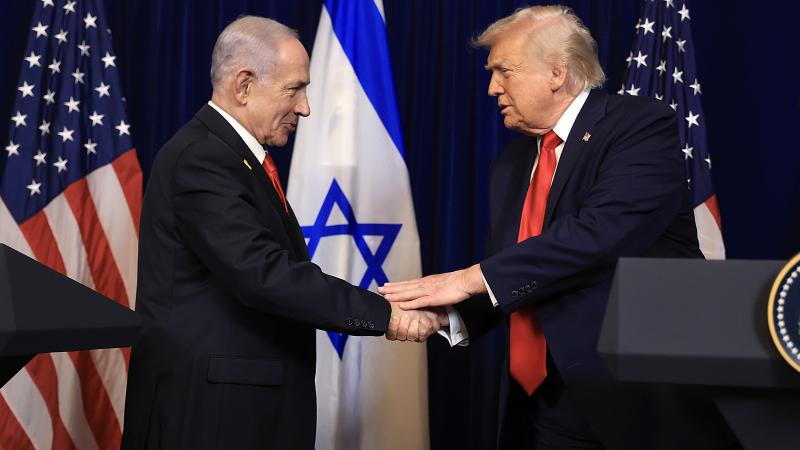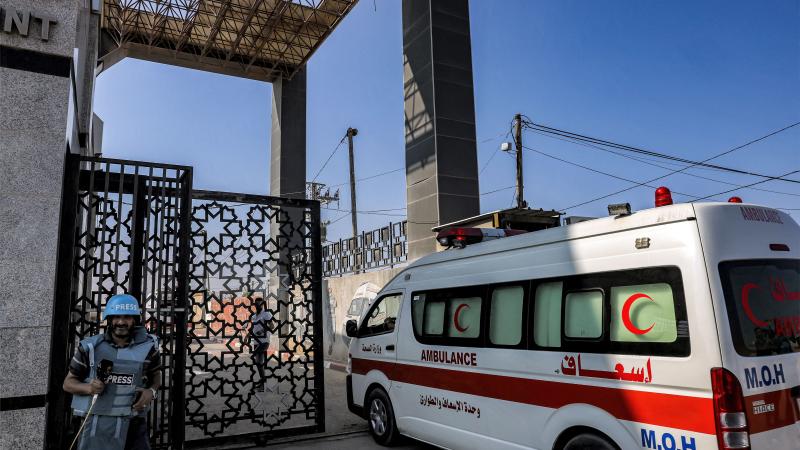Amid protests, U.S. envoy to Iran says Biden administration not seeking regime change
Envoy Robert Malley says the Biden administration wants “a government in Iran that is respectful of the fundamental rights of its people.”
As protests in Iran enter their fourth week, President Joe Biden’s special envoy to Iran says the administration does not seek regime change in Iran even as it vocalizes support for the protesters.
Robert Malley and his team have attempted several unsuccessful meetings with Iran’s regime hoping to revive the 2015 nuclear agreement despite increasing pressure from Iranian Americans and members of Congress to abandon the deal and to take a tougher political stance on the regime.
In an interview with National Public Radio (NPR), Malley stated that the administration wants “a government in Iran that is respectful of the fundamental rights of its people.”
Malley went further to say that the U.S. does not support regime change but backs peaceful protesters who want to wear whatever they want and live normal lives.
“We hear Iranian officials blame the U.S., blame Israel, blame others. They shouldn’t look so far. They should look closer at home,” he said.
When asked about Iranian Foreign Minister Hossein Amir-Abdollahnian’s comments blaming the U.S. for incitement in the current Iran protest movements, Malley stated that Iranians are “angry because of the policies of their government.” Malley told the interviewer that Iranians are protesting the loosening of sanctions that allowed the “free flow of information for Iran.”
Regarding the issue of Iran’s nuclear negotiations, Malley stated that a deal was “on the table” and that other participants were “OK with it in March.” Malley acknowledged that Iran regime officials produced some “new requests, some new demands, most of the time either an unrealistic demand or one that was extraneous to the nuclear talks, something that had nothing to do with it.”
Regarding Iran regime officials seeking guarantees that America will not withdraw from the agreement again, as the Trump administration did in 2018, Malley stated that the administration “can’t control what the next president does.”
Toward the end of the interview, Malley was asked about Iran and its willingness to release several American citizens from Iran’s prisons in exchange for ransom. Malley responded by saying that there was no quid pro quo that they let Baquer Namazi live,” and that he needed dire medical attention.
“We are in indirect discussions with Iran to secure the freedom of the remaining citizens – Emad Shargi; Siamak Namazi, the son of Baquer; and Morad Tahbaz. But nothing was traded for the long-overdue release of Baquer Namazi. We’re looking at what we can do on the humanitarian side, mutual steps to make sure that our citizens are in their homes as soon as possible,” said Malley.















